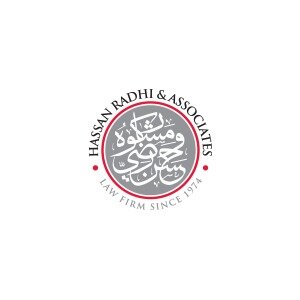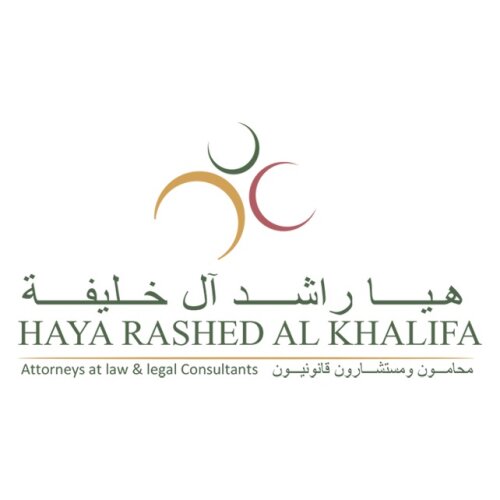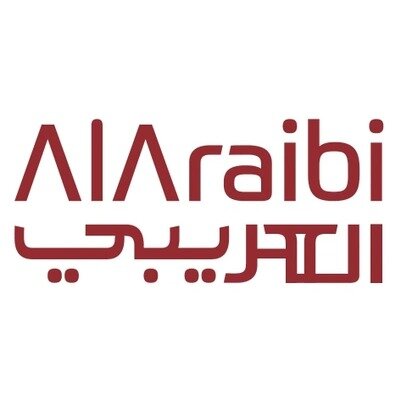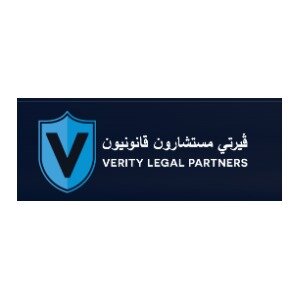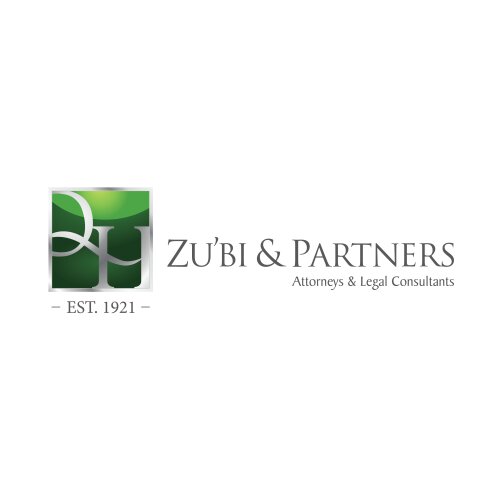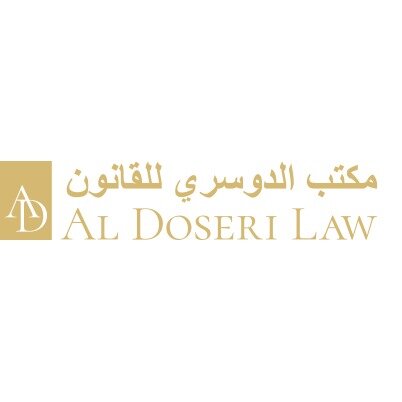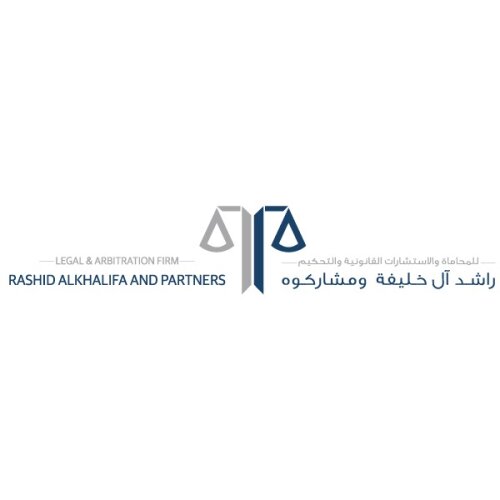Best Sanctions & Export Controls Lawyers in Bahrain
Share your needs with us, get contacted by law firms.
Free. Takes 2 min.
Or refine your search by selecting a city:
List of the best lawyers in Bahrain
About Sanctions & Export Controls Law in Bahrain
Sanctions and export controls in Bahrain refer to the regulations that govern the movement of goods, services, and technology across its borders, particularly concerning restricted or controlled items and destinations. These laws typically respond to obligations under international law, United Nations Security Council resolutions, and bilateral or multilateral agreements. Bahrain enforces these controls to ensure national security, comply with its international obligations, prevent terrorism financing, and stop the proliferation of weapons of mass destruction. The laws also play a role in protecting trade interests and upholding foreign policy objectives.
Why You May Need a Lawyer
Many individuals and businesses may encounter situations where legal guidance on sanctions or export controls is crucial. You might need a lawyer if you are involved in international trade, exporting or importing controlled items, or providing services to countries or entities subject to sanctions. Issues can arise if you are unsure about the classification of your products, the destination of your goods, or the end users involved. Legal support is also vital in investigations, compliance reviews, license applications, or if you are facing penalties for alleged violations. Lawyers help interpret complex laws, liaise with governmental authorities, and develop strategies to mitigate risks and ensure compliance.
Local Laws Overview
Bahrain’s sanctions and export control framework is shaped by several key laws and regulations. The Kingdom is a member of the Gulf Cooperation Council and generally aligns its efforts with the Council's collective security and trade arrangements. Bahrain implements United Nations Security Council sanctions and has its own customs laws, export control regulations, and dual-use goods controls.
Local authorities, such as the National Committee for the Prohibition of Weapons of Mass Destruction and the General Directorate of Customs, play a central role in enforcing these regulations. Controls cover strategic goods, dual-use items, military equipment, and technology transfers. Businesses must obtain the necessary licenses before exporting restricted goods or providing services to sanctioned countries or entities. Violations can result in heavy fines, loss of licenses, or even criminal prosecution.
Frequently Asked Questions
What are sanctions and export controls?
Sanctions are restrictions imposed by governments to achieve foreign policy objectives, while export controls regulate or prohibit the export of certain goods and technologies that could be used for military or harmful purposes.
Which government bodies regulate sanctions and export controls in Bahrain?
Regulatory oversight is mainly provided by the General Directorate of Customs, the Ministry of Industry and Commerce, the Ministry of Foreign Affairs, and the National Committee for the Prohibition of Weapons of Mass Destruction.
Do Bahrain’s laws apply to both individuals and companies?
Yes, both individuals and companies must comply with sanctions and export controls laws when engaging in international transactions or trade activities.
What items are typically subject to export controls?
Controlled items usually include arms, military equipment, dual-use goods (civilian items with potential military applications), advanced technology, and certain chemicals or biological materials.
How do I determine if my goods or services are subject to export controls?
You should refer to official control lists issued by the Bahraini authorities or seek legal advice to classify your products before exporting. Licensing requirements vary depending on the nature of the items and destination country.
What are the consequences of violating sanctions or export control laws in Bahrain?
Violations can result in fines, criminal prosecution, seizure of goods, loss of export privileges, business license revocation, and reputational harm.
Is it possible to obtain a license to export a controlled item?
Yes, you may apply for an export license from the relevant authority, but approval depends on the nature of the goods, end user, and destination. Supporting documentation will often be required.
Are there specific countries or organizations I should avoid dealing with?
Yes, Bahrain enforces sanctions against certain countries and entities based on United Nations Security Council resolutions and its own foreign policy. A lawyer can help identify restricted parties.
What is a dual-use item?
A dual-use item is any product, software, or technology that can be used for both civilian and military purposes.
If I receive an inquiry from a country under sanctions, what should I do?
You should immediately seek legal advice before responding or engaging in any transaction. Violating sanctions regulations can lead to serious penalties.
Additional Resources
To stay updated and ensure compliance, you may refer to the following entities and resources:
- National Committee for the Prohibition of Weapons of Mass Destruction: Responsible for implementing controls on weapons and dual-use goods. - General Directorate of Customs: Offers guidance on licensing and export processes. - Ministry of Foreign Affairs: Publishes updates on Bahrain’s compliance with international sanctions. - Ministry of Industry and Commerce: Can provide information for businesses on export regulations and trade compliance. - Bahrain Chamber of Commerce and Industry: Offers support and advice for businesses involved in international trade. - Local law firms with expertise in international trade, regulatory compliance, and export controls.
Next Steps
If you need legal assistance regarding sanctions and export controls in Bahrain, consider the following steps:
- Gather all relevant documentation related to your goods, services, transactions, and any communications with overseas parties. - Consult an attorney with expertise in Bahraini export control and sanctions law to review your situation. - Stay informed about current regulations and any changes in trade restrictions or sanctions lists. - Implement robust compliance procedures within your business to mitigate risks. - Reach out to government authorities for guidance if unclear about licensing or restrictions. - Avoid engaging in transactions that may be prohibited until you have obtained legal advice.
Taking these proactive steps will help you reduce the risk of inadvertent violations, protect your business interests, and comply with Bahraini and international law.
Lawzana helps you find the best lawyers and law firms in Bahrain through a curated and pre-screened list of qualified legal professionals. Our platform offers rankings and detailed profiles of attorneys and law firms, allowing you to compare based on practice areas, including Sanctions & Export Controls, experience, and client feedback.
Each profile includes a description of the firm's areas of practice, client reviews, team members and partners, year of establishment, spoken languages, office locations, contact information, social media presence, and any published articles or resources. Most firms on our platform speak English and are experienced in both local and international legal matters.
Get a quote from top-rated law firms in Bahrain — quickly, securely, and without unnecessary hassle.
Disclaimer:
The information provided on this page is for general informational purposes only and does not constitute legal advice. While we strive to ensure the accuracy and relevance of the content, legal information may change over time, and interpretations of the law can vary. You should always consult with a qualified legal professional for advice specific to your situation.
We disclaim all liability for actions taken or not taken based on the content of this page. If you believe any information is incorrect or outdated, please contact us, and we will review and update it where appropriate.
Browse sanctions & export controls law firms by city in Bahrain
Refine your search by selecting a city.





